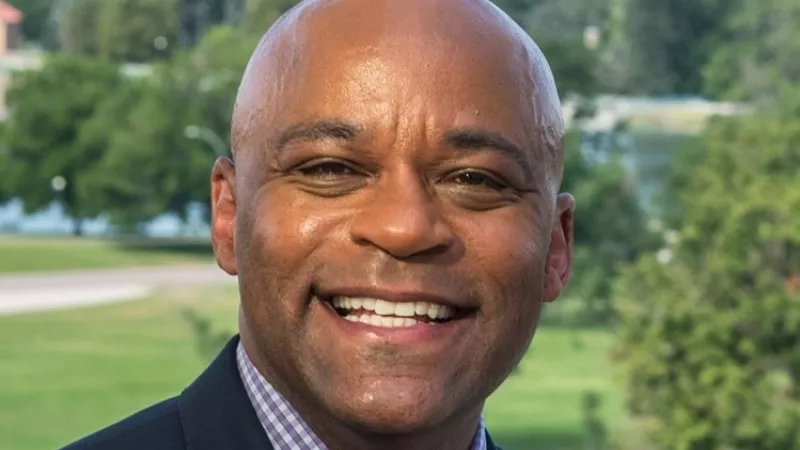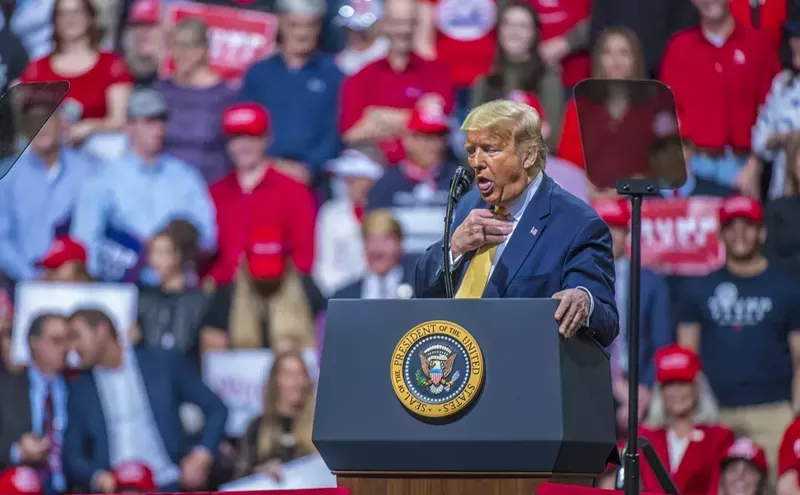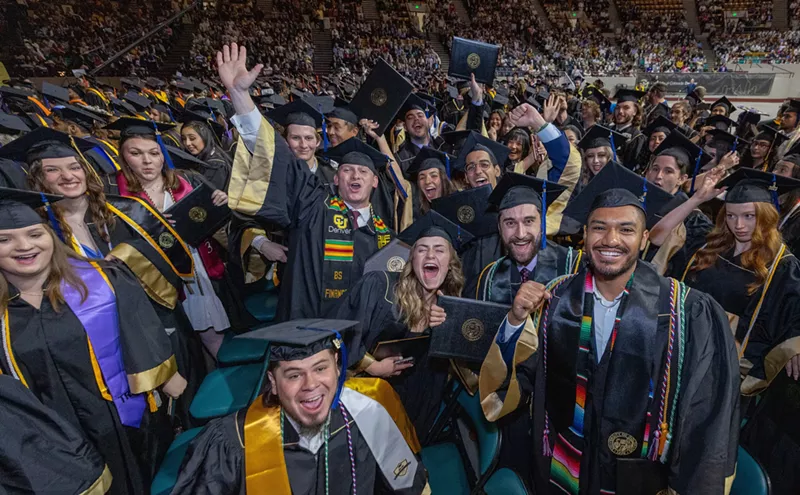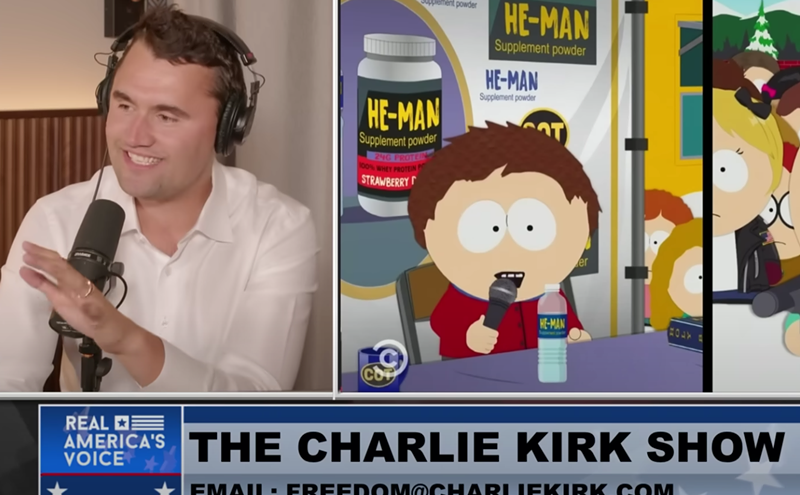During an August 2 press conference about the ongoing fight against COVID-19 in Denver, Mayor Michael Hancock announced a new public-health order requiring that a range of public and private employees in high-risk occupations be vaccinated by September 30.
The order applies to all 10,000 members of Denver's municipal workforce, including police officers, sheriff's deputies and firefighters, as well as employees at so-called congregate-care facilities such as senior centers, homeless shelters, hospitals and jails. Furthermore, all teachers and staffers at schools in Denver proper — whether private, public or post-secondary — must be inoculated, and that includes ancillary service providers like janitorial crews contracted to clean educational institutions. Final doses must be received by September 15, and after September 30, unvaccinated individuals who fall under the mandate won't be allowed to work on site or in the field.
Hancock stressed that there will be "consequences for not following the order. This would not be an order if there weren't consequences. There might be some folks who might lose their jobs. But we're going to work with every employee who has questions to create a safe work environment."
To justify this move, Bob McDonald, executive director for the Denver Department of Public Health and Environment, unveiled data showing that the rise of the more dangerous and transmissible Delta variant of the virus has resulted in city case counts tripling over the past couple of weeks.
The spike is actually faster than the one experienced last year, McDonald stressed, and it's happening during a time period when "we generally would get a little seasonal break." The situation has been exacerbated by the fact that "vaccinations have largely stalled," he added. "In Denver, we're above 70 percent, but with this more infectious variant, 70 percent is not going to get us where we need to be. Imagine that spike going into the fall. Remember what we all went through in December, January and February? And that was without the variant. So we need to get ahead of it. We need to get more people vaccinated before the fall."
Despite this new order, Denver hasn't issued a new mandate regarding renewed masking and social distancing in public — not yet, at least. "We've ordered face coverings to be worn, we've had a series of testing regimens, we've tried a stay-at-home order, capacity levels — and after all of that, here we are," McDonald said. "We have a virus that has mutated to a point where those things have become decreasingly effective. So why don't we continue? Because we're just going to get what we're getting now, which is not working. The only way we're going to get out of this is mandatory vaccinations. We're not going to mask our way out of this."
After Dr. Connie Price, chief medical officer for Denver Health and Hospitals, endorsed the city's move, Hancock and his support team, supplemented by Denver City Attorney Kristin Bronson, answered a handful of questions. According to Bronson, private employers will be responsible for compliance within their own operations, and the city will respond if there are complaints. "We have an ordinance that allows us to impose penalties for non-compliance," she emphasized. Hancock also pledged that city officials will redouble their educational efforts to reassure people to take the vaccine, whether they are public or private employees.
McDonald declined to set a threshold number that the city must hit before easing up on the new rules — and he left the door open for future regulations. "We're going to watch the data," he said. "We'll start with high-risk settings and see if that gets us to where we need to be. We'll evaluate the data and then move forward to see if we need to go further or if we're in a good place."

Audio By Carbonatix
[
{
"name": "GPT - Billboard - Slot Inline - Content - Labeled - No Desktop",
"component": "23668565",
"insertPoint": "2",
"requiredCountToDisplay": "2"
},{
"name": "STN Player - Float - Mobile Only ",
"component": "23853568",
"insertPoint": "2",
"requiredCountToDisplay": "2"
},{
"name": "Editor Picks",
"component": "17242653",
"insertPoint": "4",
"requiredCountToDisplay": "1"
},{
"name": "Inline Links",
"component": "18838239",
"insertPoint": "8th",
"startingPoint": 8,
"requiredCountToDisplay": "7",
"maxInsertions": 25
},{
"name": "GPT - 2x Rectangles Desktop, Tower on Mobile - Labeled",
"component": "24956856",
"insertPoint": "8th",
"startingPoint": 8,
"requiredCountToDisplay": "7",
"maxInsertions": 25
},{
"name": "Inline Links",
"component": "18838239",
"insertPoint": "8th",
"startingPoint": 12,
"requiredCountToDisplay": "11",
"maxInsertions": 25
},{
"name": "GPT - Leaderboard to Tower - Slot Auto-select - Labeled",
"component": "17676724",
"insertPoint": "8th",
"startingPoint": 12,
"requiredCountToDisplay": "11",
"maxInsertions": 25
}
]












